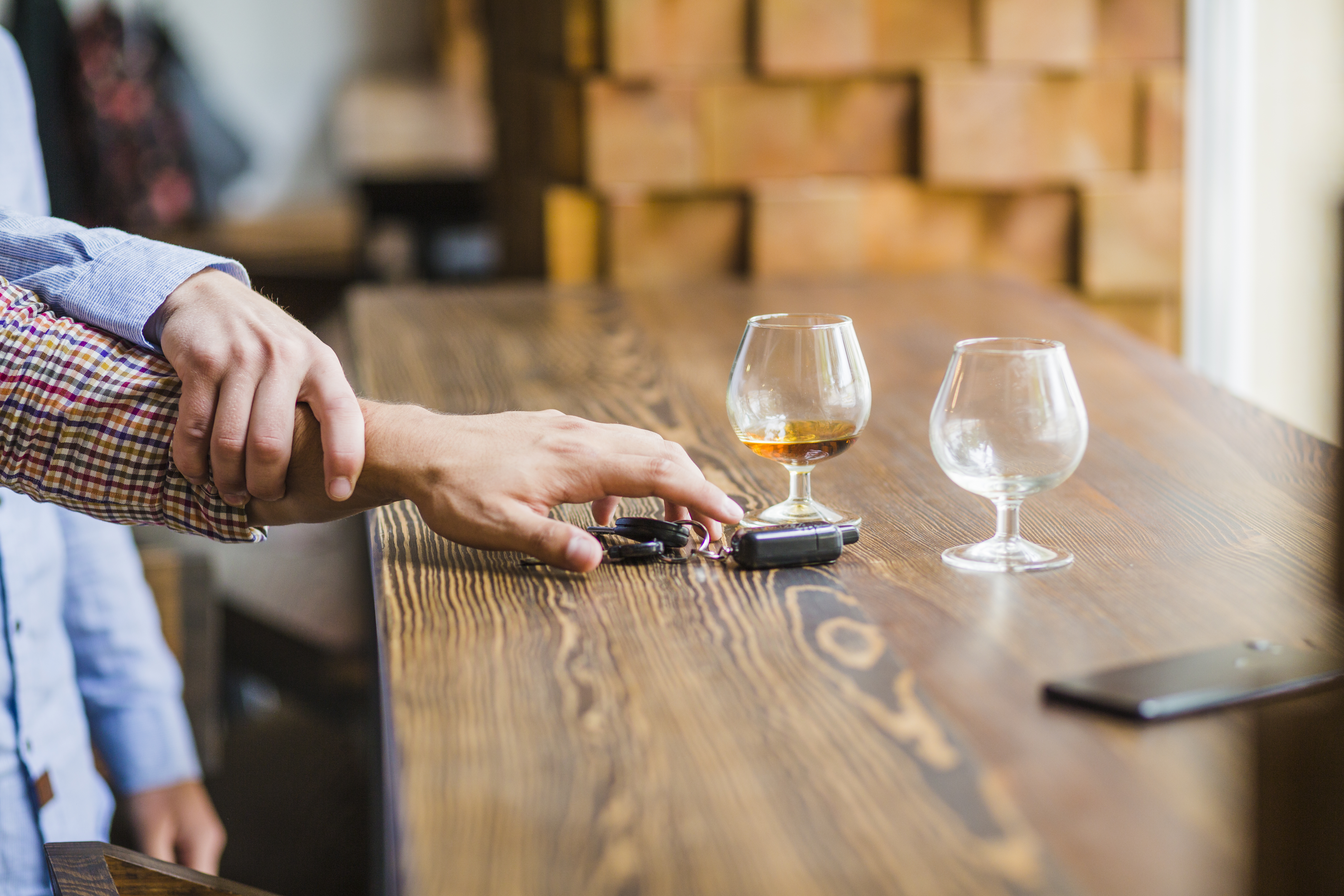

Sponsored Ads

Sponsored Ads

Most Americans drink. Drinking is something that everyone does casually or out of addiction. Drinking is not a problem. Citizens of the US can drink as much as they want. The problem arises when they drive when they are intoxicated.
People choose to drive under the influence over calling a cab. Drivers who drink and drive are dangerous. They are a threat to themselves and to other drivers and pedestrians. In 2020, 11,654 people were killed by drunk drivers. Remember, 2020 was the year we all were under restrictions to go out. Now, as we come out of those restrictions, the numbers will certainly go up.
The government has many strict laws to prevent people from driving under the influence, but it is clearly not working. The government failed the people it swore to protect. According to stats, a person drives under the influence around 80 times before getting caught for the first time. The punishment for a first-time drunk driving offence is not even that serious. For the punishment to be serious, a person has to be caught three times.
The US has strict laws against drunk driving, but the laws are not enforced properly. If they had done it, we wouldn’t have these many fatalities. However, if a person does get caught multiple times, they will face some serious consequences.
DUI Penalties and Repercussions
The sentencing guidelines and punishments for drunk driving convictions vary from state to state. The majority of states give some wiggle room for a first offence and let it be punished as a misdemeanour, but most take drunk driving seriously and impose severe penalties for repeated offences when aggravating circumstances are present.
However, there are certain places where a first violation is only a civil infraction, not a misdemeanour. States also vary in terms of how much discretion a judge has when deciding what punishments to impose. While some states have minimum required sentences, others let the severity of the punishments depend on the circumstances of the crime. Here are some of the consequences of driving under the influence.
Jail Time
Jail time is a common punishment for DUI. However, a person will not be sent to jail immediately after the first offence. Repeated offences will earn the person jail time. The jail time can be anywhere between 10 days to 1 year, depending on the severity of the crime.
Community Service
Along with jail time, the person will be required to perform community service for a period. How long that person has to do community service is up to the judge. The type of community service depends on the offence.
Fine
Fines are another punishment for a person who drives under the influence. Usually, this fine will be issued with some other punishment like jail time. The amount of the fine will increase with the number of previous charges.
License
The defendant’s license will be revoked after repeated charges. Cancelling the driver’s license is the best punishment, but sadly more than 60% of drivers continue to drive without a driver’s license.
Other Consequences
Because of a DUI conviction, the driver's insurance company may cancel the insurance policy or significantly raise the rates in addition to the legal repercussions. Additionally, a DUI conviction is recorded on a person's driving record for a long time.
Moreover, certain professions, such as operating a school bus, delivery van, or any other vehicle as part of their work, may not be open to persons who have been convicted of a DUI.
Finally, if accident victims choose to file a separate civil claim for property loss or personal harm, the motorist may be held accountable.
The Bottom Line
According to state law and the specifics of the case, a conviction for drugged driving might result in a misdemeanour or felony violation on one's criminal record. People facing a conviction for driving under the influence of drugs (DUID) may discuss their case and legal options with a criminal defense lawyer who handles DUI or DUID cases in order to avoid a conviction. A criminal defense lawyer can examine the specifics of a case to see whether any rights violations happened that might justify presenting evidence of them in court. Additionally, a criminal defense lawyer can assist with correspondence discussing a potential plea agreement that might result in a reduced charge or lower sentence for a criminal defendant.
Sponsored Ads

Sponsored Ads

